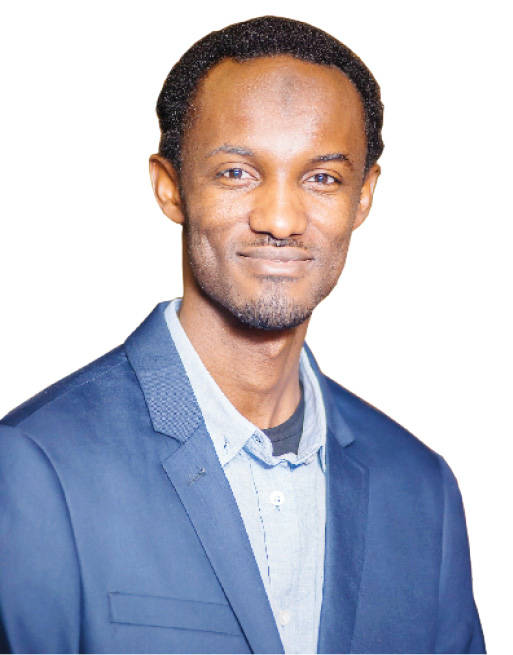How we’re changing misconceptions about science, says Maina
What stirred your interest in science and the Science Fair in Northeast? My interest in science could be traced back to my dad’s science book called “simple Science”, which we used to read and try the experiments therein, with my siblings. However, growing up, many wanted me to study Medicine and become a […]


What stirred your interest in science and the Science Fair in Northeast?
My interest in science could be traced back to my dad’s science book called “simple Science”, which we used to read and try the experiments therein, with my siblings. However, growing up, many wanted me to study Medicine and become a medical doctor, for which I used to be called “Doctor Mahmoud. I ended up studying Human Anatomy, not Medicine.
The journey, however, revealed the need for visible science mentors to guide students on their career choices.
Moreover, many of us grew amidst a high level of cultural and religious misconceptions about science in Nigeria, especially northern Nigeria. These reasons partly influenced me to join TReND in Africa, where I founded the Outreach Programme in 2013 to inspire a future generation of scientists and make the public appreciate the importance of science and the role of scientists in the society.
How do you get funding for the project?
Getting funding is always a challenge, and I won’t say I have always been successful. From experience with science communication grants, I would say that funders look for many things, such as the relevance of person’s skills and experience to project, whether the project is needed and its chances of success at short or long-term. It often helps if one has a pilot data to demonstrate the likelihood of the project to succeed. For two years when we started science communication, we had no funding.
I made funding applications but never got funded. So for that period, we used our money to fund our activities in northern Nigeria.
What can authorities do to improve the acceptance of science in Nigeria?
To make science part of our society, many players have a role to play. First of all There is a need for our school curricula to focus more on practical rather than theory. There should be practical-based competitions across schools, such as science fair projects that would stimulate innovation at an early stage.
Secondly, more scientists need to get into science communication not just to inspire students but engage the public and policymakers about the importance of their research and why it matters and requires funding
Furthermore, Universities are the custodians of scholarship; if they make science fair a tradition, it would facilitate our society’s attitude toward science and stimulate the rise of many innovators.
Journalists have an important role to play; by promoting the reporting of scientific activities and bringing into spotlight local innovators and local research of high importance to the public.
What key programmes have you held to promote science?
I have organised events in Uganda and Nigeria and presently coordinate other activities across Africa. In Nigeria, I have organised activities in Lagos, Borno, Yobe and Gombe States. Among these were teachers’ workshops and two science festivals in Gombe and Yobe States during which students, teachers, journalists, members of the public and state officials interacted with science. Members of the outreach programme have also organised events in parts of the south-east, north and south-west. I have also started science communication hub Nigeria to maximise the impact of our TReND activities in Nigeria (www.scicomnigeria.org).
Has there been any international recognition of these activities?
My involvement in the outreach projects in Africa has led me to be invited to give talks about inspiring the future generation of African scientists in many meetings. It has also resulted in my winning Science Communication Award by Royal Society of Biology in 2017 and admission as a Fellow of Royal Society of Arts in 2018, a British society founded in 1754 to find practical solutions to social challenges.
